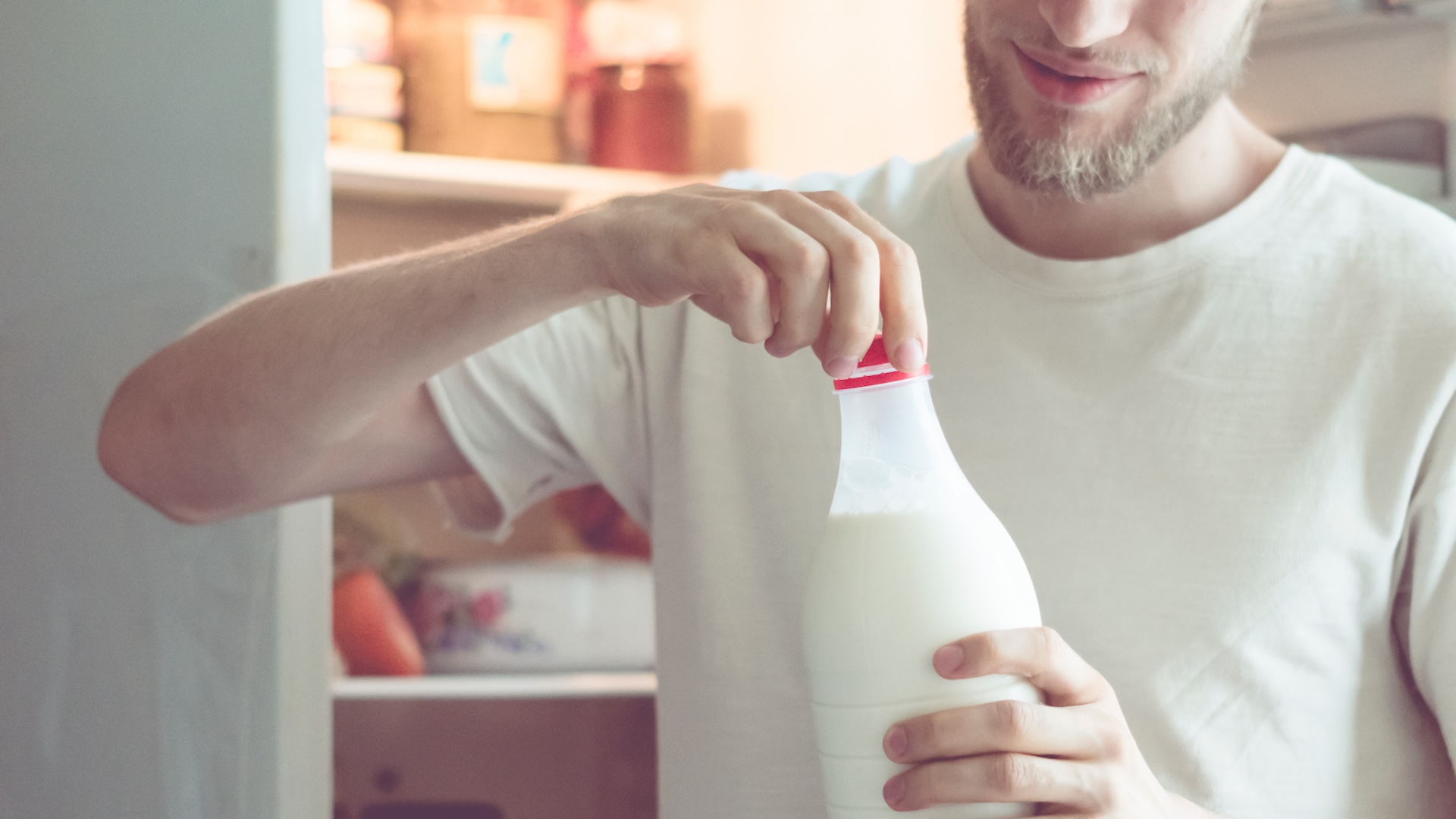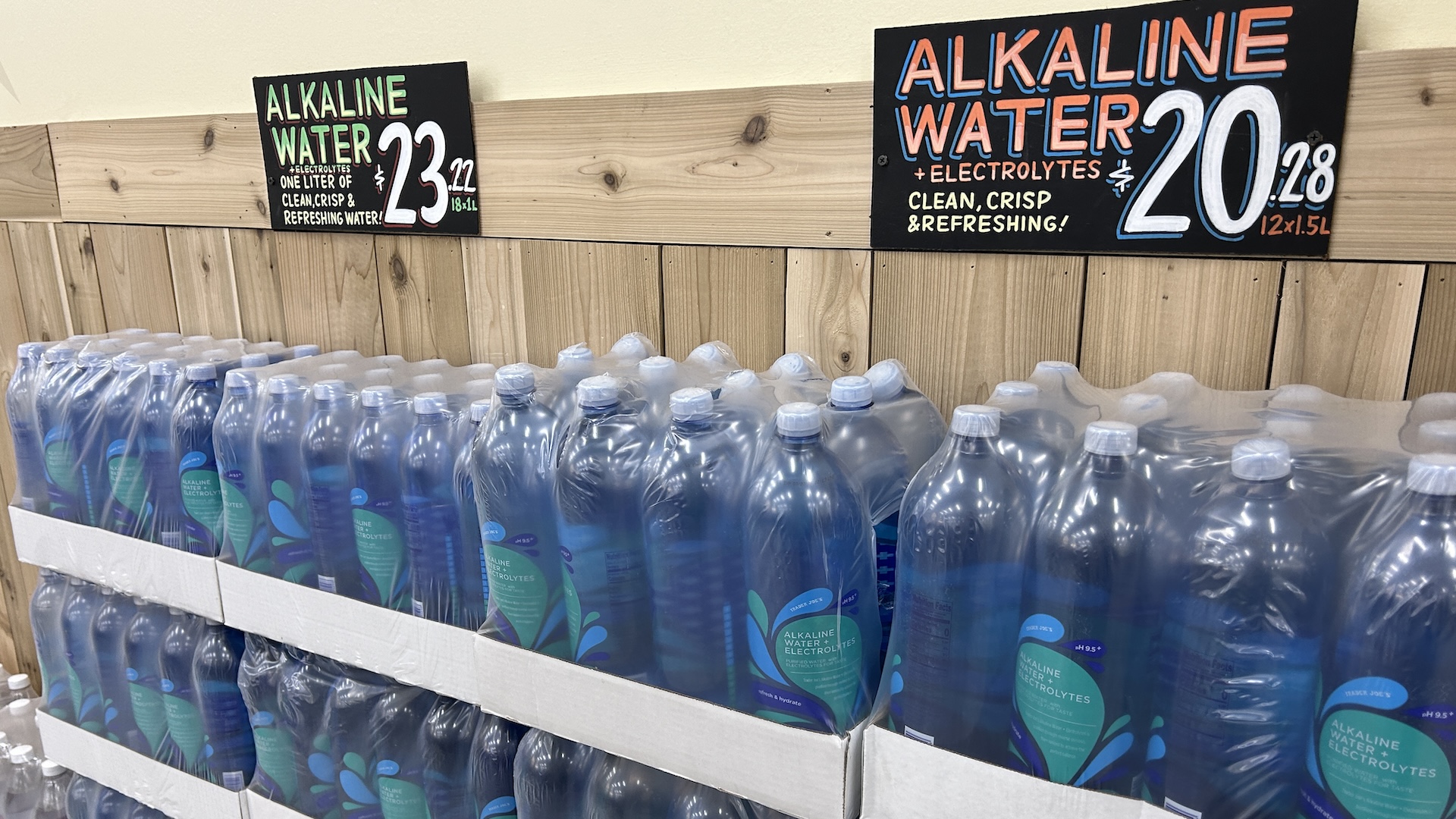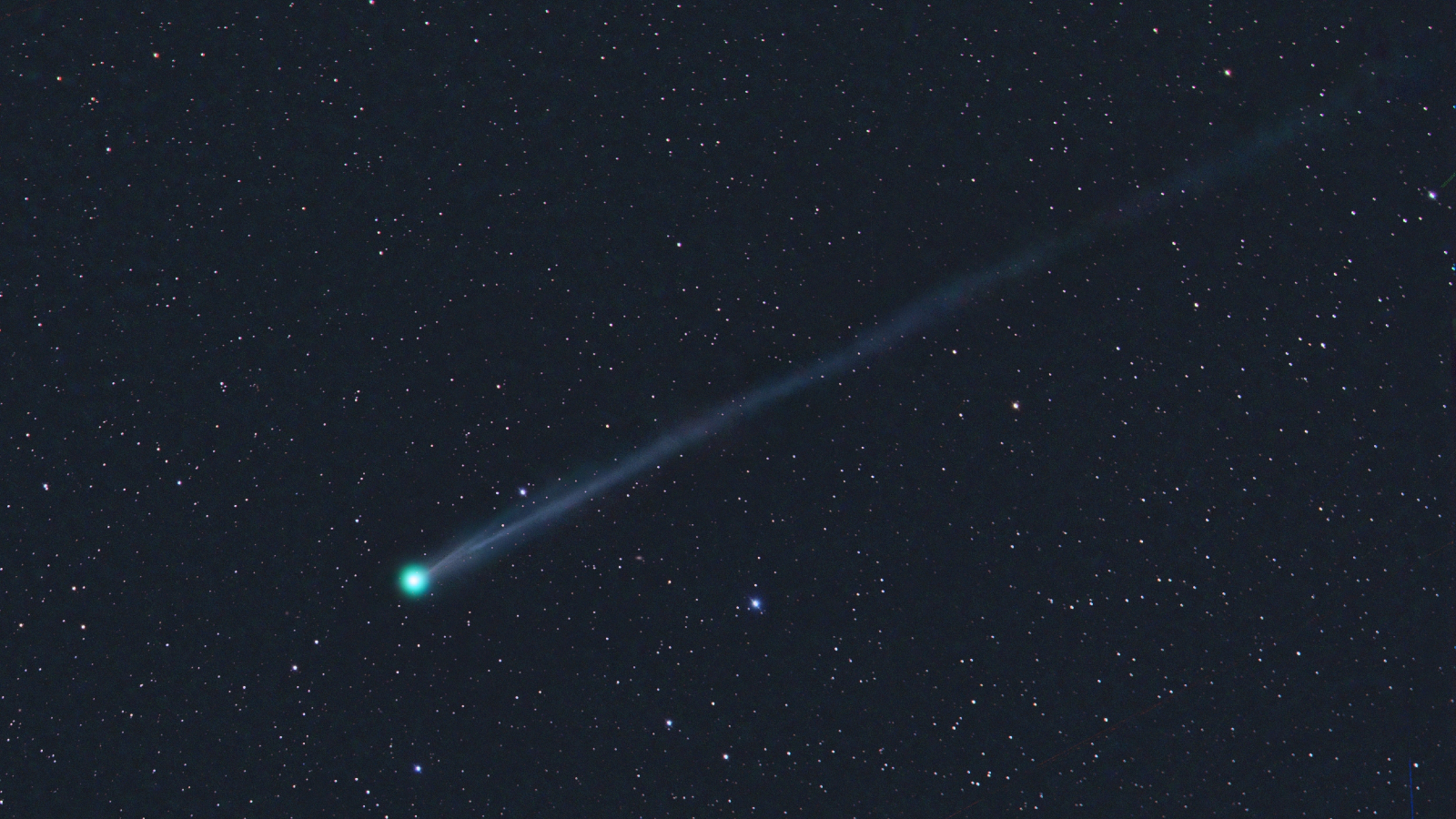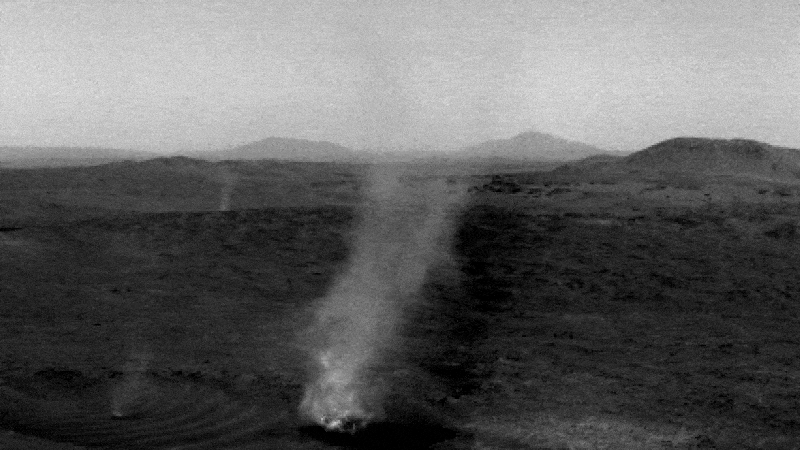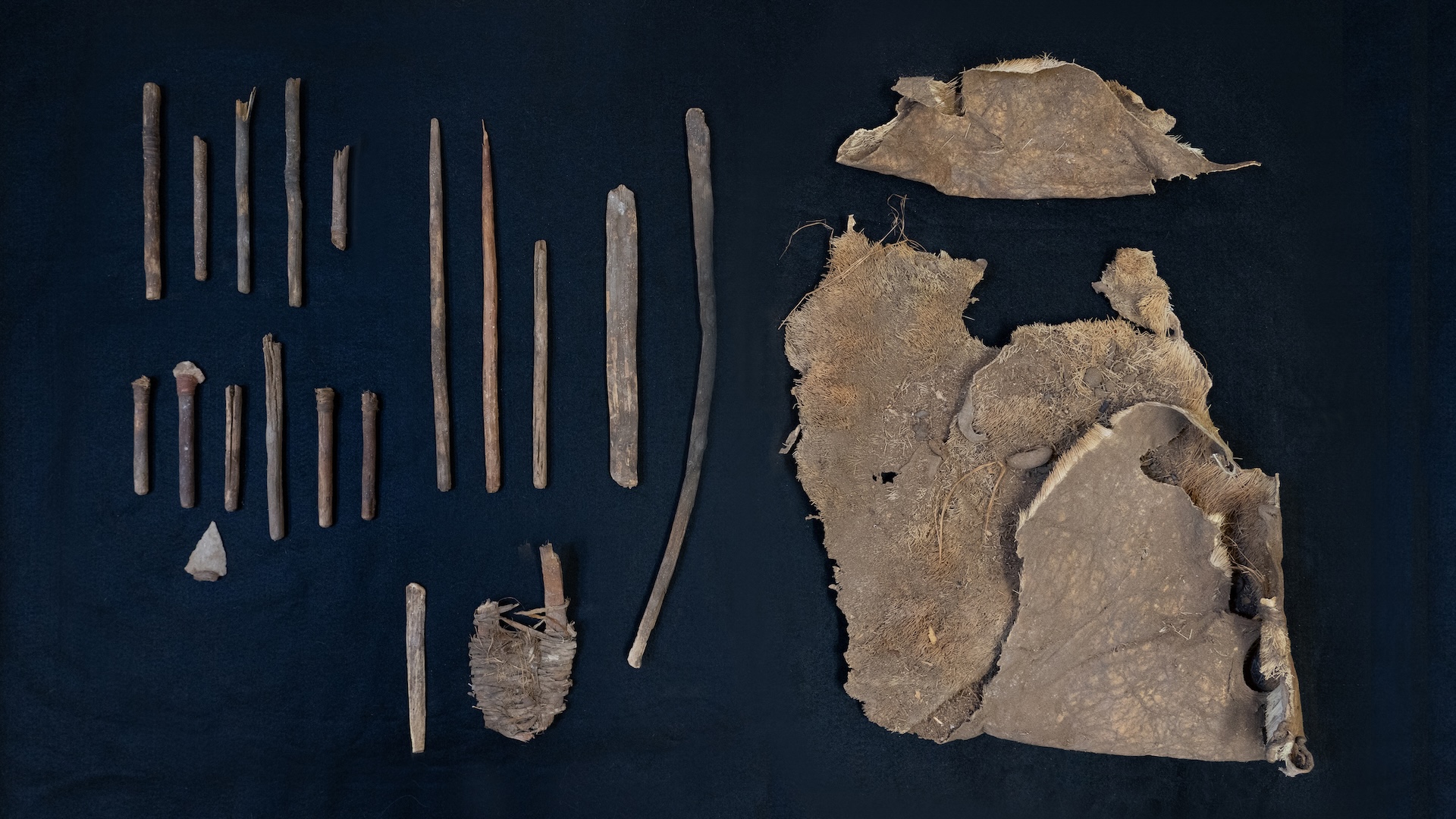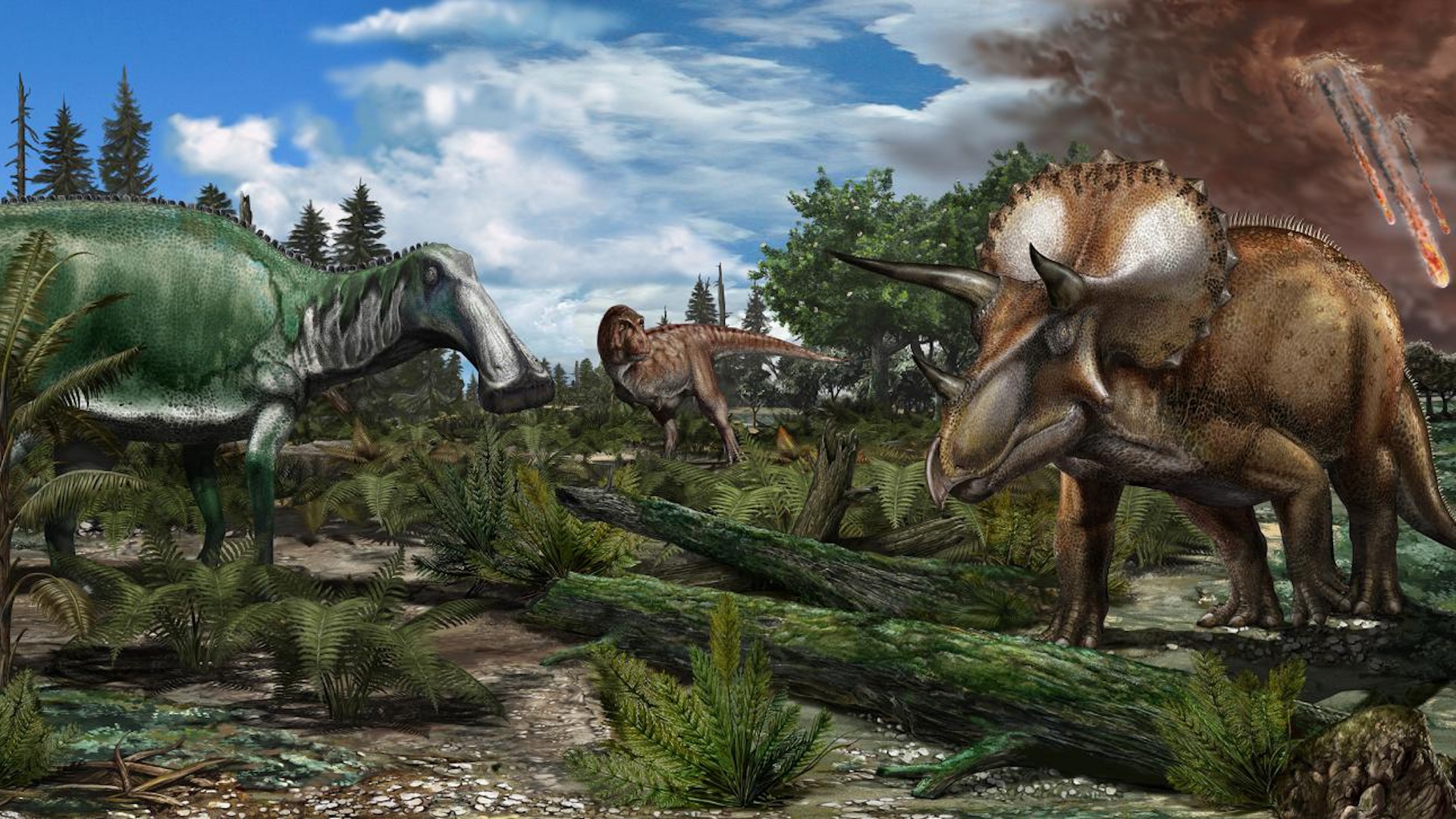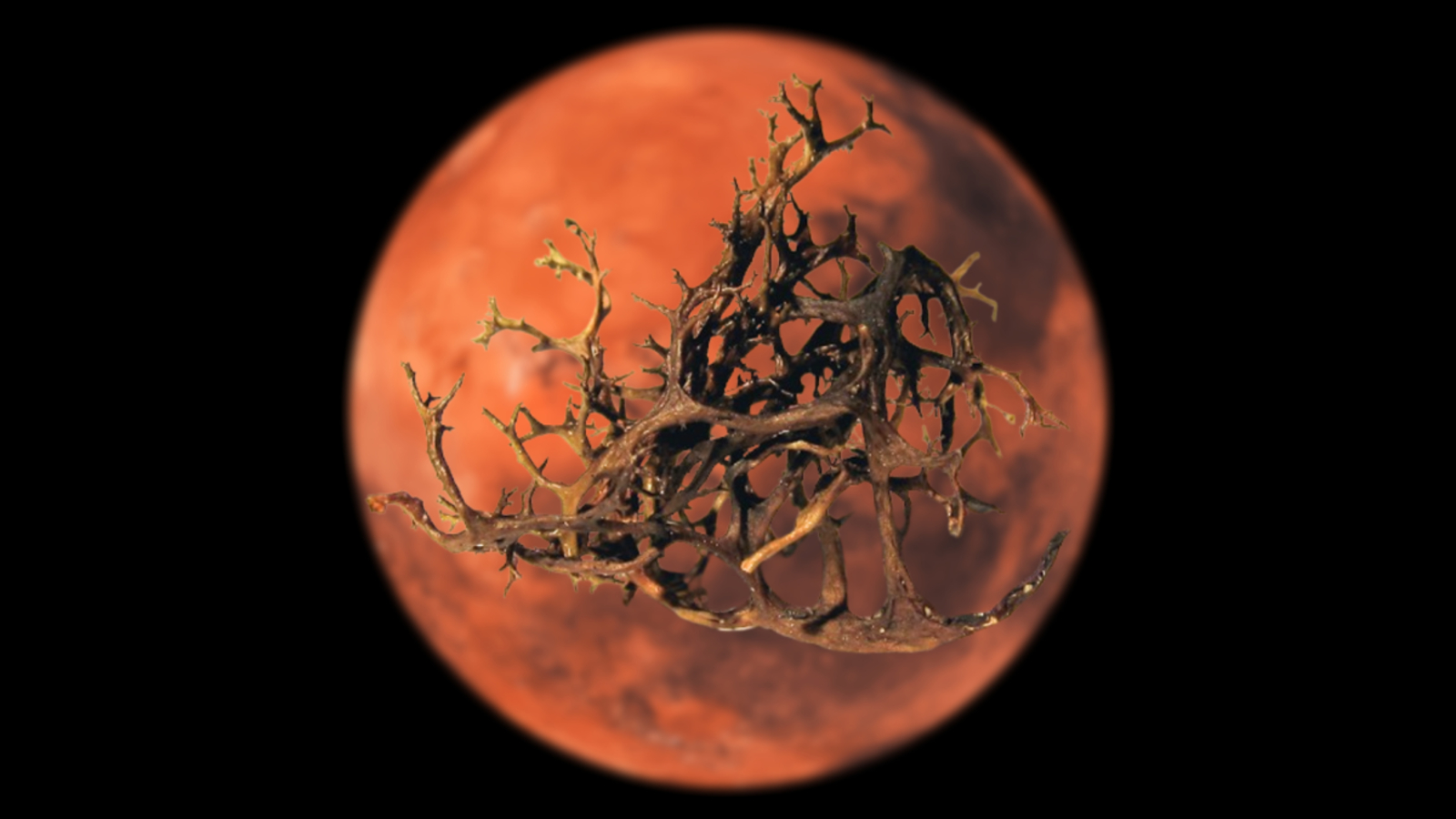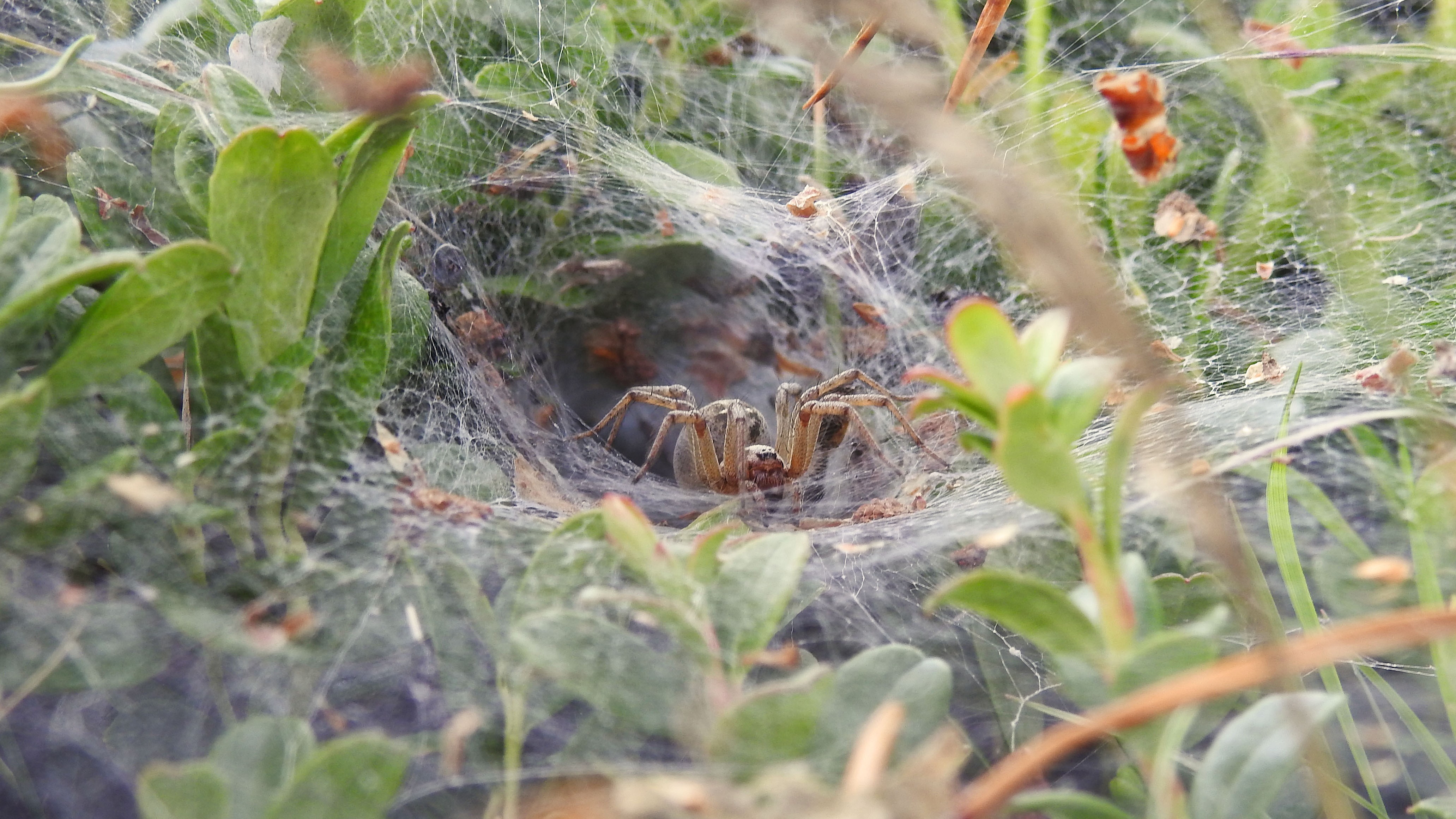Meat Eaters Live a Lie
While a big, juicy steak may indeed be culinary nirvana for many, your taste for beef could be based in part on expectation rather than reality.
On the assumption that meat is associated with social power in some peoples' minds, researchers rated study participants on what they call a Social Power Value Endorsement measure, to determine their preferences for meat and their cultural perceptions of it. Participants were then told they would taste either a beef sausage roll or a vegetarian roll. You can guess where this is headed.
Of course the researchers used one of the oldest tricks in the social scientist's toolbox: They lied.
Some participants got what they were told was coming, and others unknowingly ate the other type of roll. Then they all filled out questionnaires about how they like the food.
"Participants who ate the vegetarian alternative did not rate the taste and aroma less favorably than those who ate the beef product," the researchers report in August issue of the Journal of Consumer Research. "Instead, what influenced taste evaluation was what they thought they had eaten and whether that food symbolized values that they personally supported."
The study was done by Michael W. Allen at the University of Sydney, Richa Gupta from the University of Nashville, and Arnaud Monnier of the National Engineer School for Food Industries and Management, France. A second test done with a popular, status-heavy soft drink and a dime-store brand yielded similar results.
Other studies have found such perceptual biases in our taste buds. The color of orange juice, for example, influences what people say they taste, scientists found last year.
Sign up for the Live Science daily newsletter now
Get the world’s most fascinating discoveries delivered straight to your inbox.
In a classic example of how we deceive ourselves, a study in 2004 found people preferred Coke and Pepsi in equal numbers in blind taste tests. But when told that one of the cups they were drinking was Coke, these same people picked Coke as the more tasty one about 75 percent of the time — even though both cups in this round contained Coke.

